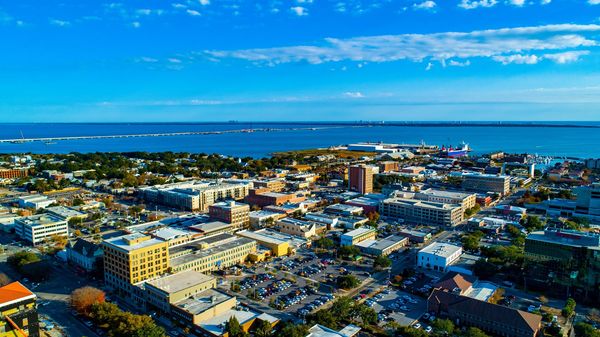When you start a video project,
selecting the right camera is crucial for capturing the essence and emotion of
your scenes. Whether you're shooting a documentary or a commercial, the camera
you choose can make a significant difference in the quality and impact of your Drone Videography Florida or
anywhere else. This guide aims to simplify the process, providing clear and
practical advice on how to select the best camera for your specific video
production needs. We'll cover everything from understanding different camera
types to considering factors like budget, features, and compatibility with
other equipment.
Understanding Different Types of Cameras
The first step in choosing the
right camera is to understand the different types available. There are several
types of cameras commonly used in video production:
1. DSLRs and Mirrorless Cameras:
These cameras are favored by both beginners and experts because they are versatile, have great image sensors, and work with many different lenses. They are perfect for all kinds of video production pensacola projects, from business videos to creative filmmaking.
2. Cinema Cameras:
Cinema cameras are built for making films and provide excellent image quality, a wide range of colors, and features like RAW video capture. They are great for high-quality productions where fine details and color editing matter.
3. Camcorders:
Often used for live events, journalism, and educational purposes, camcorders are user-friendly and typically have a long zoom lens and a simple layout that helps capture video on the go.
4. Action Cameras:
Compact and
rugged, action cameras are best suited for capturing point-of-view shots and
high-motion activities. They're perfect for adding dynamic shots to any video.
Key Features to Consider
Once you've narrowed down the type of camera, consider the features that are most important for your project:
· Resolution:
High-resolution cameras provide sharper, more detailed images, which can be particularly useful for productions intended for large displays or detailed editing.
· Sensor Size:
Larger sensors capture more light and generally provide better image quality, especially in low-light conditions.
· Frame Rate:
If slow motion is crucial to your production, look for cameras that can shoot at high frame rates.
· Input/Output
Connections:
Ensure the camera has the right connections for audio and video outputs, especially if you are integrating it with other production equipment.
· Battery
Life and Storage:
Longer
battery life and ample storage are essential for longer shoots or when shooting
on location.
Compatibility with Other Equipment
When choosing a camera, remember it
needs to work with other gear like microphones, lights, and stabilizers. Make
sure the camera fits with the equipment you already have or want to get. It should
also work well with the editing software and hardware you use to help you
easily go from filming to editing.
To Summarize
When picking a camera for your video production in Mobile, AL, or somewhere else, think about what type, features, and price you need, and make sure it works well with your other gear. Choosing a camera that meets your current needs and future projects is essential. For a smoother production, consider using professional services like Pelican Drones. They know a lot about video production and offer tools and support that can improve your work and help you share your story effectively.

Comments
Post a Comment